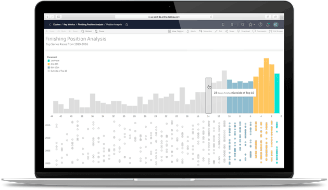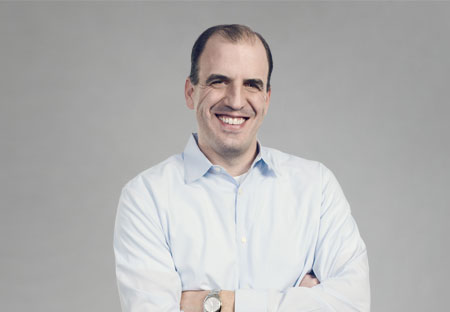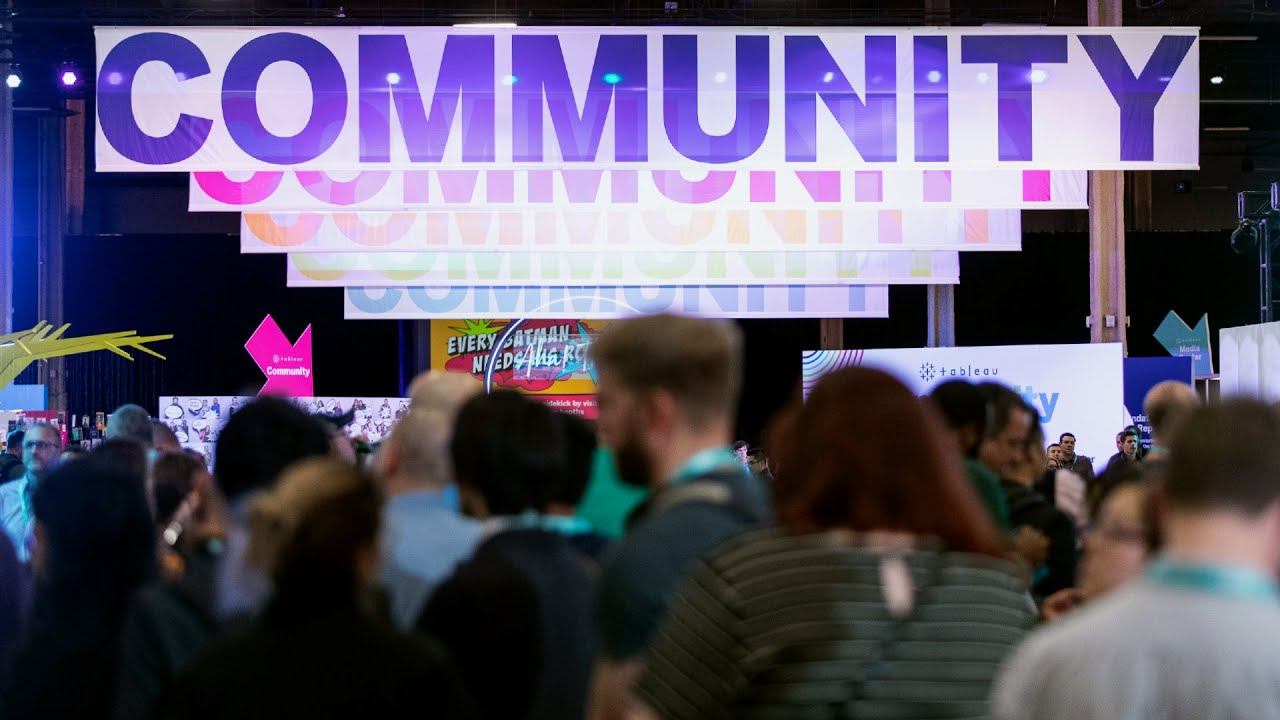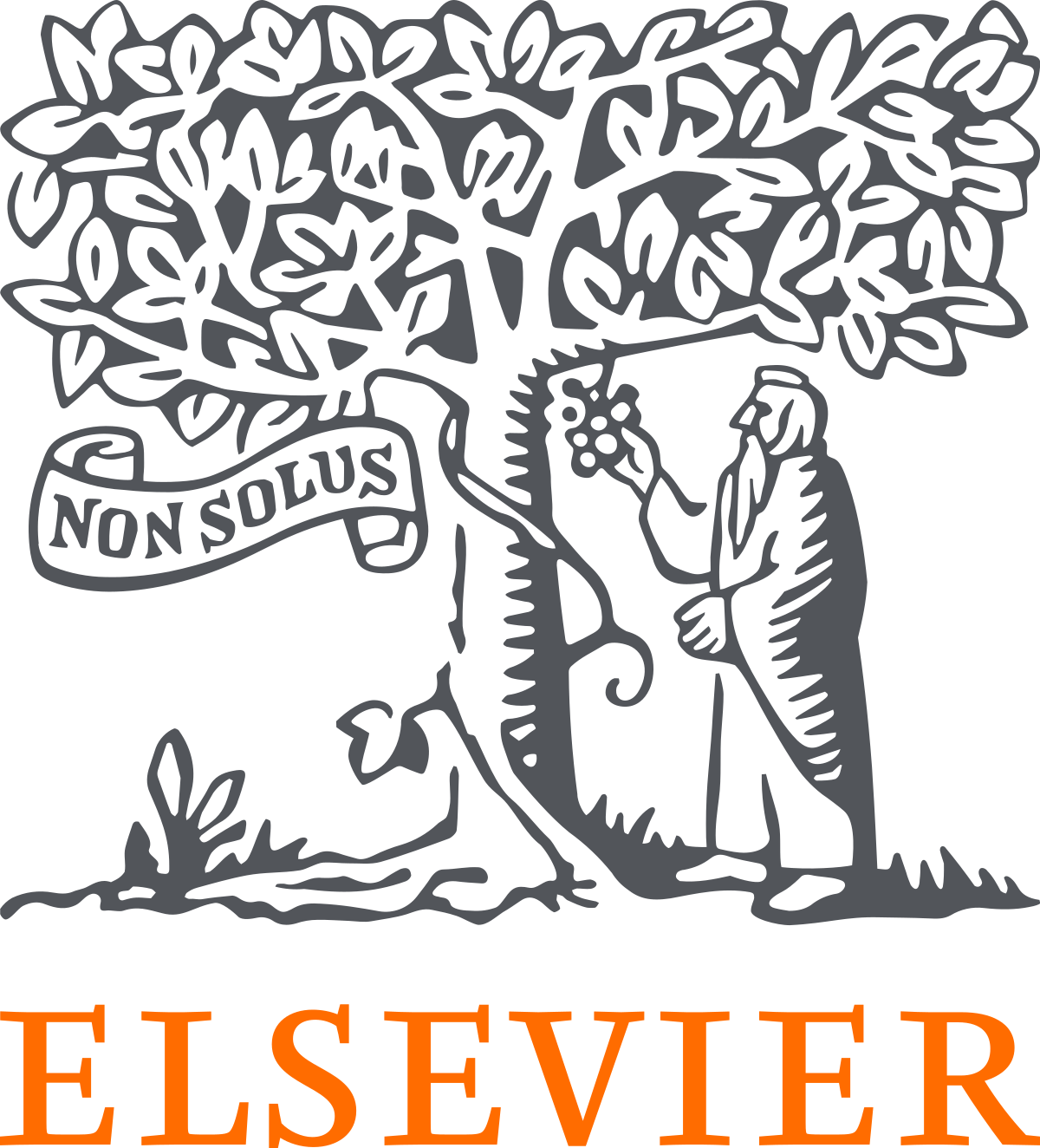What Is Tableau and How It Works
Tableau helps people and organizations be more data-driven

As the market-leading choice for modern business intelligence, our analytics platform makes it easier for people to explore and manage data, and faster to discover and share insights that can change businesses and the world.
Everything we do is driven by our mission to help people see and understand data, which is why our products are designed to put the user first—whether they're an analyst, data scientist, student, teacher, executive, or business user. From connection through collaboration, Tableau is the most powerful, secure, and flexible end-to-end analytics platform.
Tableau disrupted business intelligence with intuitive, visual analytics for everyone
Tableau was founded in 2003 as a result of a computer science project at Stanford that aimed to improve the flow of analysis and make data more accessible to people through visualization. Co-founders Chris Stolte, Pat Hanrahan, and Christian Chabot developed and patented Tableau's foundational technology, VizQL—which visually expresses data by translating drag-and-drop actions into data queries through an intuitive interface. Since our foundation, we've continuously invested in research and development at an unrivaled pace, developing solutions to help anyone working with data to get to answers faster and uncover unanticipated insights.
This includes making machine learning, statistics, natural language, and smart data prep more useful to augment human creativity in analysis. And we not only offer a complete, integrated analytics platform, but also proven enablement resources to help customers deploy and scale a data-driven culture that drives resilience and value through powerful outcomes. Tableau was acquired by Salesforce in 2019, and our mission remains the same: to help people see and understand their data. Today, organizations everywhere—from non-profits to global enterprises, and across all industries and departments—are empowering their people with Tableau to drive change with data.
 Chris Stolte, Co-founder
Chris Stolte, Co-founder
 Pat Hanrahan, CO-FOUNDER
Pat Hanrahan, CO-FOUNDER
 Christian Chabot, Co-founder
Christian Chabot, Co-founder
Tableau helps people drive change with data
Data has limitless potential to transform businesses and the world—as long as people are empowered to use it. Our community is using Tableau to build a data culture and to change lives.

The Tableau Community
More than one million active, diverse, and engaged members inspire and support one another through community forums, 500+ worldwide user groups, and unique events like the annual Tableau Conference. Get involved.
Hear from the community
Our Customers
Our customers are transforming their organizations by building a data culture and adopting Tableau faster and more broadly than ever. Much of our innovation is driven by customer feedback so we can continue to release features that are deeply impactful, not just trendy.
Learn more
Tableau Foundation
Our grants combine Tableau products and people with financial support for nonprofits using data to move the needle on complex issues like global health, poverty, equality, and climate action.
Learn more

Learn more about Tableau
Why Tableau?
Find out why Tableau is the most beloved modern analytics platform by customers around the globe.
Learn more
Our Products
Learn more about how Tableau supports data prep, analysis, governance, collaboration, and more.
Products Overview
About Us
Get to know the mission that drives us, our core company values, and our awesome leadership team.
Learn more
Hear it from our customers

"Tableau is seen as a business change program, to change the culture and way of thinking about data and decision-making. As we worked through our journey and showed people how easy it was to get insights themselves, the real eureka moments came out. Now we can take a step back and support them in their own journeys rather than having to do everything centrally."
Read the full story
What Is Tableau and How It Works
Source: https://www.tableau.com/why-tableau/what-is-tableau
0 Response to "What Is Tableau and How It Works"
Post a Comment